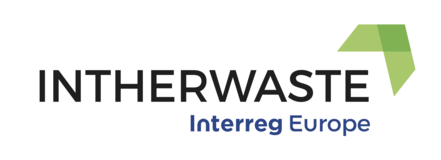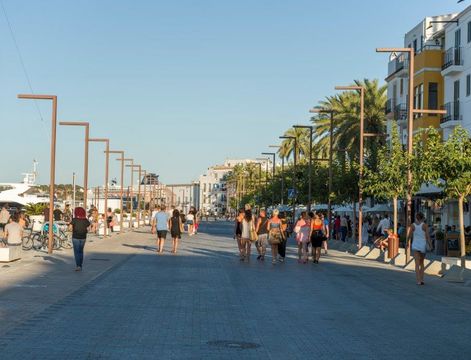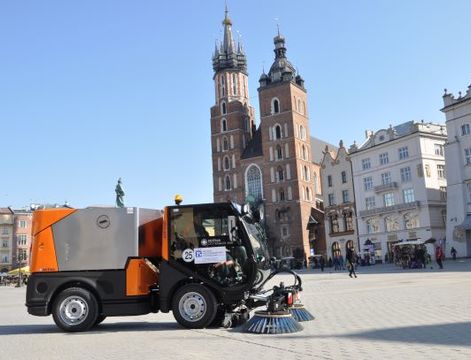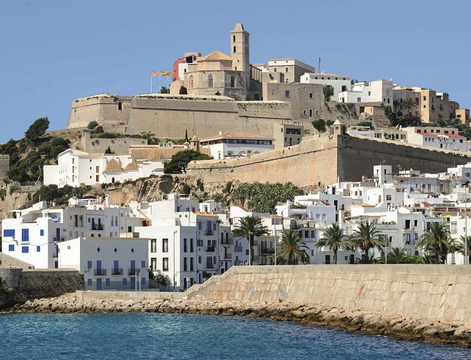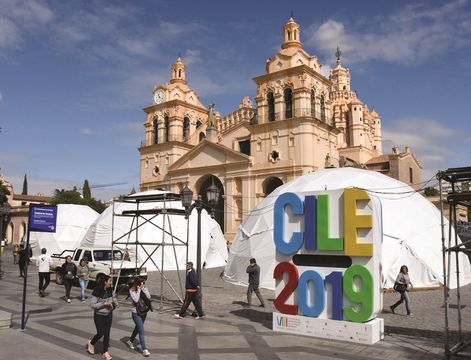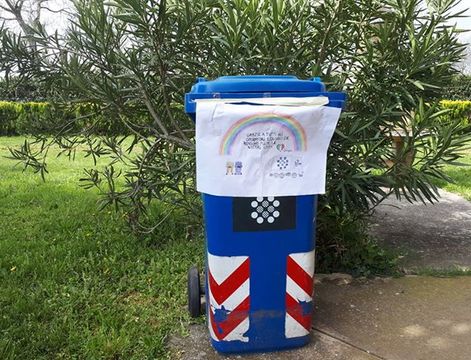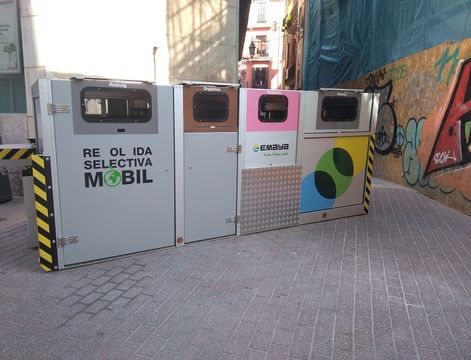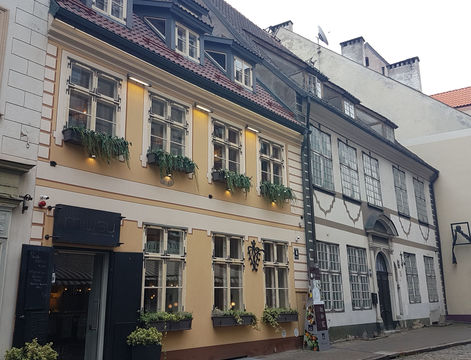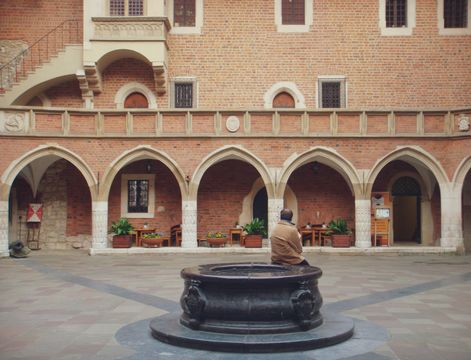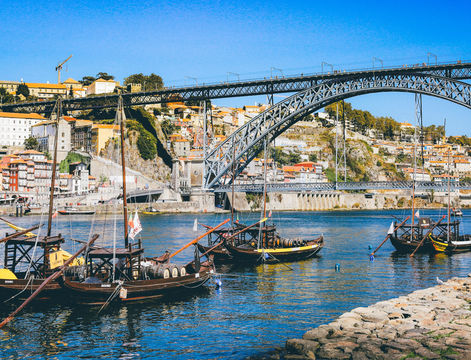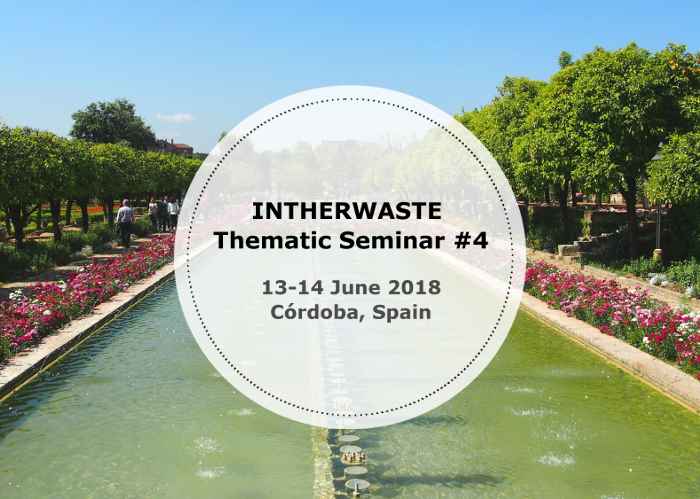While the spring of 2020 and the month of June were supposed to see the Final Conference in Cordoba presenting the five pilot cities’ achievements to a wide audience, the COVID-19 outbreak made the project consortium change its plans and meet online instead.
A meeting originally planned for November, hosted by the city of Krakow, was therefore turned into an online meeting. Regardless the current circumstances, the project partners indeed had what to share as they looked back at the phase of the project which implied the implementation of innovative and improved waste management practices in heritage areas. With minor disturbances caused by the virus outbreak, the cities of Porto, Cordoba, Tallinn, Krakow and Ibiza shared their developments in terms of implementing innovative and improved waste management practices in heritage areas, as well as necessary policy changes that accompany them. The meeting, held on 4 June and its content proved the success of the previous phase which ended in March 2019 and which revolved around discovering, witnessing, studying and visiting existing examples of good practices in heritage areas. The five cities made the most of this phase and adopted a diverse selection of innovative and improved waste management practices in heritage areas. Solutions included underground containers, waste houses and similar solutions which are masking the visual effects, odors and similar negative effects which might disturb the tourists and door-to-door collection that some cities introduced in order to collect waste at their source – the households. Mobile collection points, such as hazardous household waste collection points in case of Tallinn were also presented. Some innovative measures, such as compacting bins also attracted some attention as Cordoba decided to combine them with their existing waste rooms and large capacity bins in order to maximise the bins capacity. The approach to improved waste management which turned out to be of an interest to many cities were reuse and repair centres. The cities reported that these centres don’t only improve bulky waste management but also enhance the cities’ transition towards circular economy.
Thanks to ACR+, the meeting was enriched with a special session on waste management practices during the COVID-19 pandemic. From the beginning of the pandemic, even before it forced countries to declare states of emergencies and introduce lockdown measures, ACR+ launched this platform in order to support and help cities and regions finding necessary information and inspiration in one place. The platform was designed to help cities and regions modify their waste management practices and adapt their practices to the new circumstances especially regarding safety and sanitary measures and minimising the spread of virus through waste management practices. The platform is am extensive collection of good practices from all around Europe, constantly being expanded with new ones. Over the time, the platform was also enriched with data incoming from cities and regions on the amounts of waste, fluctuations due to COVID-19 outbreak. Paolo Marengo, who is in charge of this platform on behalf of ACR+ joined the meeting presenting the platform and also initating an interesting discussion on the topic.
The meeting was closed by Jesus Diz, on behalf of SADECO, the project’s coordinator who shared his disappointment with the fact that the Final Conference they were supposed to host was postponed, but highlighted that the Final Conference that will now tae place in winter/spring would look like a real cherry on top of a cake as it would in fact mark the very end of this successful project which ends in March 2021.
